
Fortune News | Jun 01,2019
The government has hired a Chinese company to build four power substations for the Awash-Hara Gebeya Railway project for close to 214 million Br.
Ethiopian Electric Power (EEP) signed a contractual agreement earlier this month with the Chinese firm TBEA Company, a manufacturer of power transformers and other electrical equipment and a developer of transmission projects. TBEA, which secured the project after winning the bid, will be paid 5.3 million dollars and 41 million Br for the substations.
The company will build the substation centres, comprising four high-voltage power stations, that will serve as the power supply for the railway project. The construction of the substation centre, which will distribute power to the transmission lines, is expected to be completed in a year.
TBEA, which built the Bole-Lemi and Kilinto industrial park power transmission projects and the 400Km Gilgel Gibe III power transmission project, will construct 230/132Kv high-power distribution substations.
The project comprises the construction and expansion of high-power stations for the existing 132Kv power stations in Metehara, Debre Birhan, Shewa Robit and Kemisse towns.
Another company will handle the construction of the traction power supply lines, and the EEP is in the process of hiring a company for the project, according to Moges Mekonen, the communications director at Ethiopian Electric Power.
The construction of the railway started five years ago in two sections: from Awash to Kombolcha and Kombolcha to Hara Gebya. It has four main substations and a total of six. The Railway Project, which stretches to 389Km, commenced in February 2015 under the aegis of Yapi Merkezi, a Turkish company. The project includes twelve tunnels involving 10Km of total distance, 65 bridges a total of seven kilometres in combined length, 827 culverts, and ten terminal stations at 1.7 billion dollars.
Even though the construction of the project was finalised last year, it did not commence operations due to a lack of power supply. The Ethiopian Railway Corporation and EEP have been at odds over who must cover the cost for power supply. Both have been arguing that they do not have the financing or the mandate to cover the expenses. However, the issue was settled later after the government intervened and made the two cover the cost of the power supply.
Railway projects in Ethiopia have been very inefficient and overwhelmed by political decisions, according to Abebe Dinku (PhD), a professor of civil engineering at Addis Abeba University.
Abebe, who also criticised the design of the Addis Abeba Light Rail Transit, argues that the Awash-Hara Gebeya Railway Project is being constructed piece by piece rather than in an integrated fashion.
“The way the government carries out such giant projects should be a holistic approach," he said. “The electrification construction of the project should have been started earlier with the rail construction.”
The professor, who advocated for the Addis Abeba Light Rail Transit system to be underground, recommends that qualified professionals should consult the sector.
“The decision about the design of the Addis Ababa Light Rail Transit was not professional and, as a result, it has fragmented the city,” he said.
Upon completion of the power transmission line, the railroad will start operations with 20 cargo trains and six passenger trains. Each passenger train will accommodate 120 people and each cargo car will cover 30 wagons carrying 1,350tn each.
Abebech Diriba, communications director at the Ethiopian Railways Corporation, declined to comment on the issue.
PUBLISHED ON
May 23,2020 [ VOL
21 , NO
1047]

Fortune News | Jun 01,2019
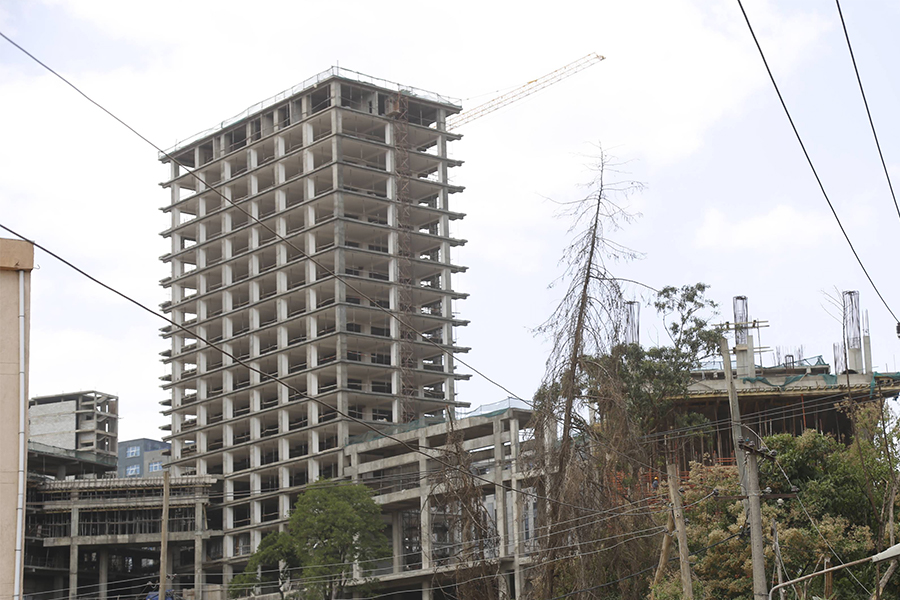
Fortune News | May 23,2021
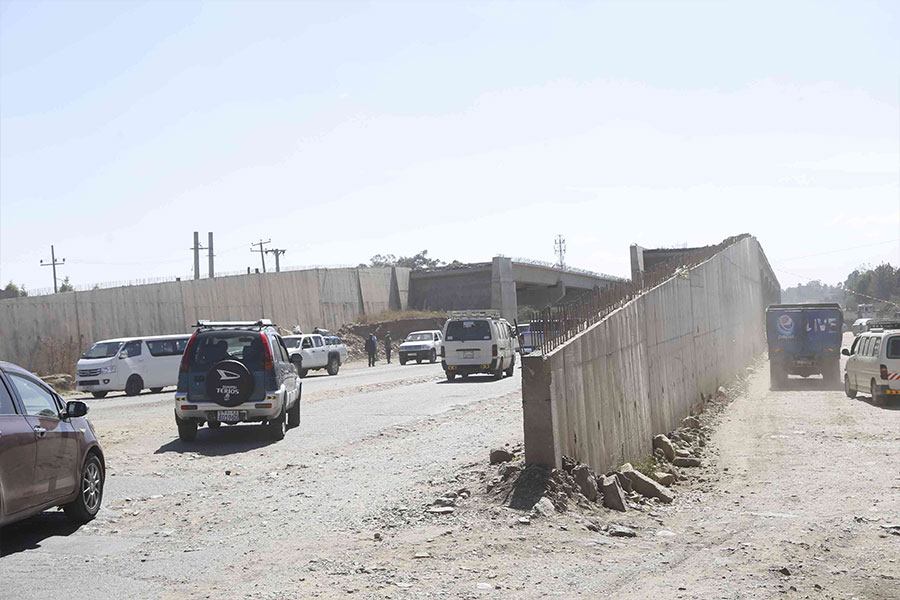
Fortune News | Sep 03,2022

Fortune News | Apr 30,2021
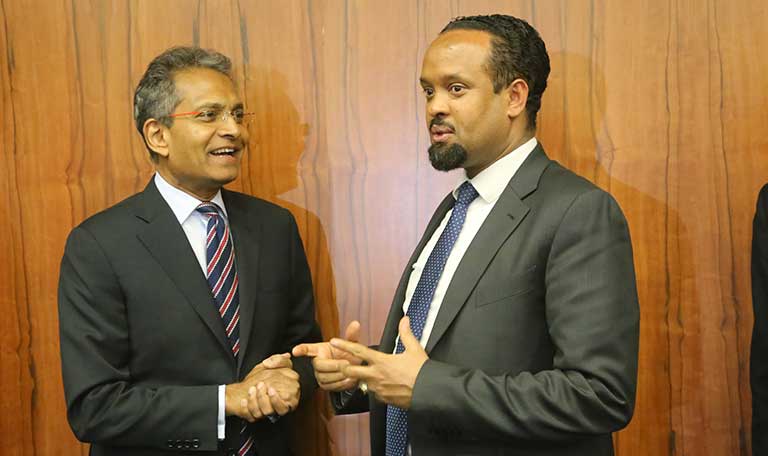
Fortune News | Oct 19,2019

Radar | Apr 04,2020

Radar | Feb 23,2019

Radar | Jul 27,2019
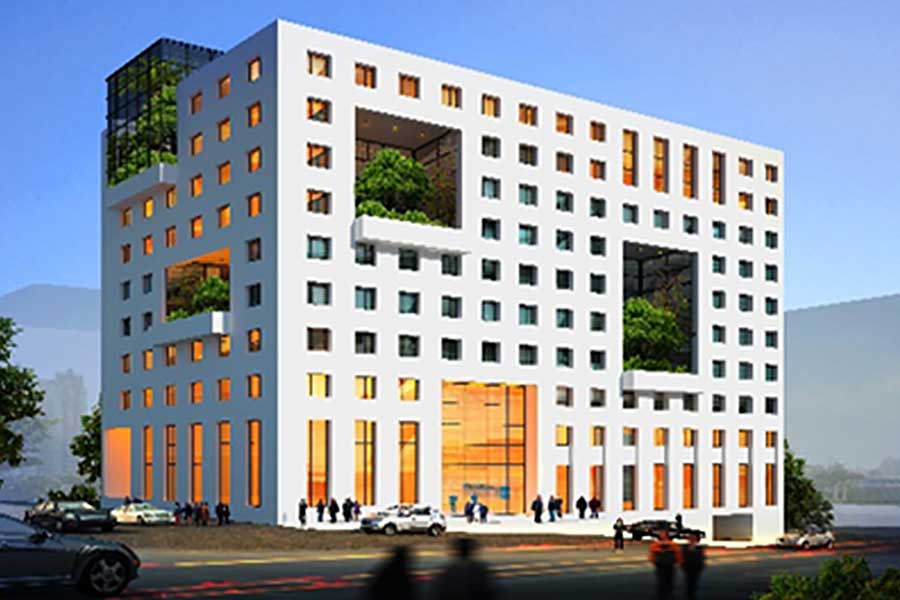
Fortune News | May 31,2020
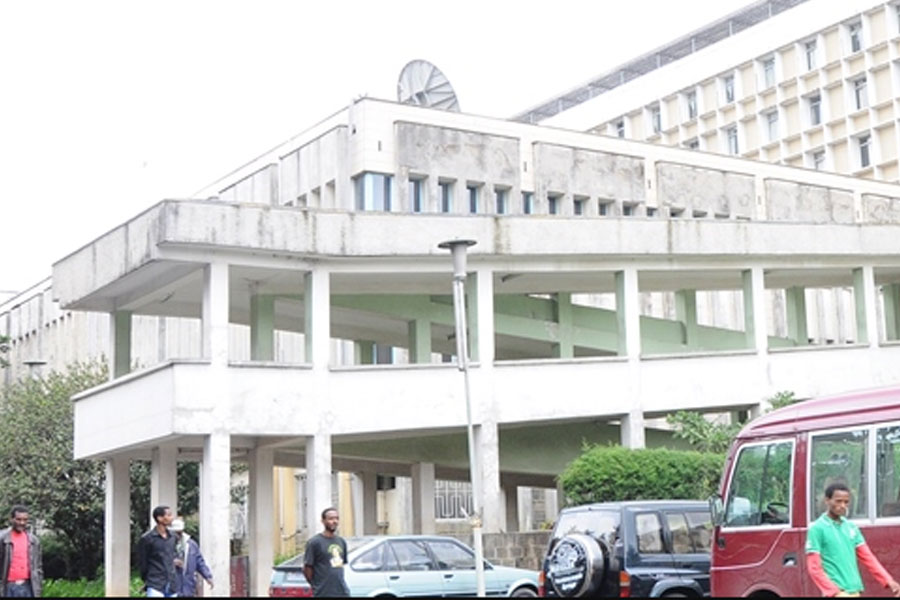
Fortune News | Mar 16,2019

Dec 22 , 2024 . By TIZITA SHEWAFERAW
Charged with transforming colossal state-owned enterprises into modern and competitiv...

Aug 18 , 2024 . By AKSAH ITALO
Although predictable Yonas Zerihun's job in the ride-hailing service is not immune to...

Jul 28 , 2024 . By TIZITA SHEWAFERAW
Unhabitual, perhaps too many, Samuel Gebreyohannes, 38, used to occasionally enjoy a couple of beers at breakfast. However, he recently swit...

Jul 13 , 2024 . By AKSAH ITALO
Investors who rely on tractors, trucks, and field vehicles for commuting, transporting commodities, and f...

Oct 25 , 2025
The regulatory machinery is on overdrive. In only two years, no fewer than 35 new pro...

Oct 18 , 2025
The political establishment, notably the ruling party and its top brass, has become p...

Oct 11 , 2025
Ladislas Farago, a roving Associated Press (AP) correspondent, arrived in Ethiopia in...

Oct 4 , 2025
Eyob Tekalegn (PhD) had been in the Governor's chair for only weeks when, on Septembe...